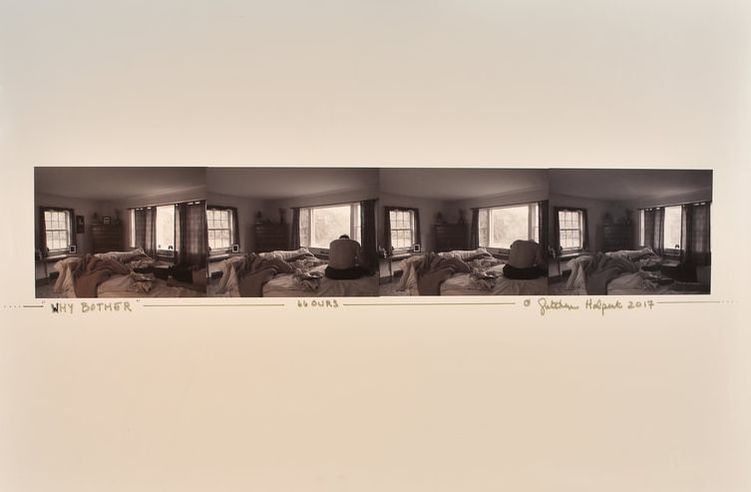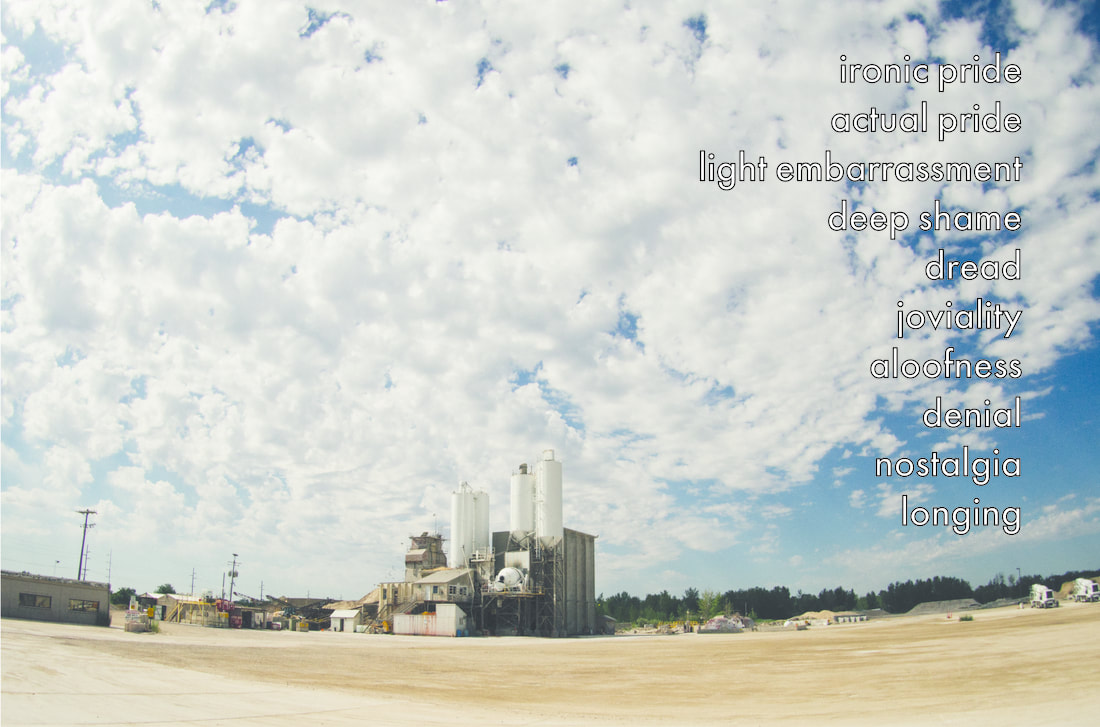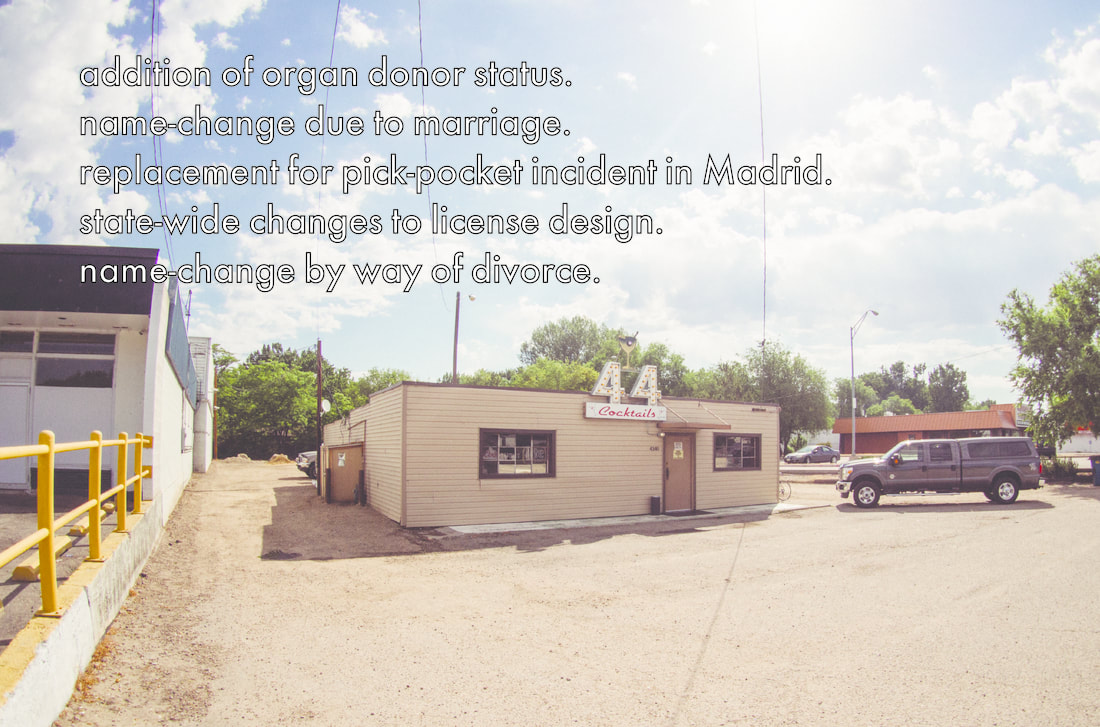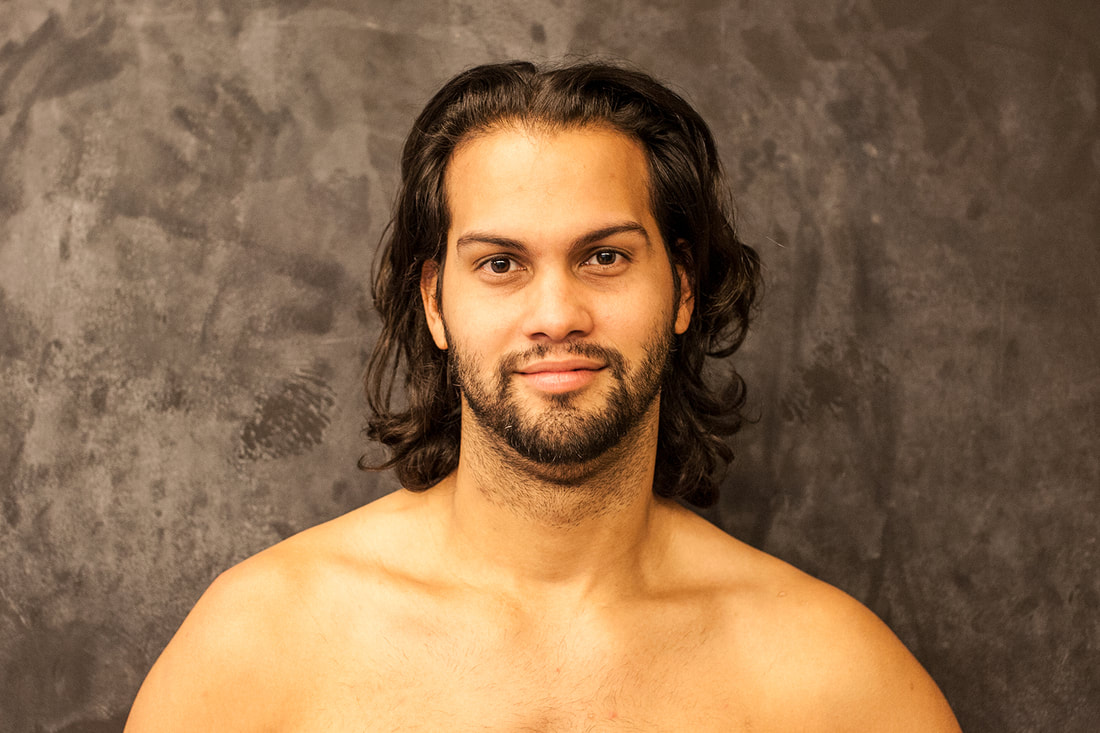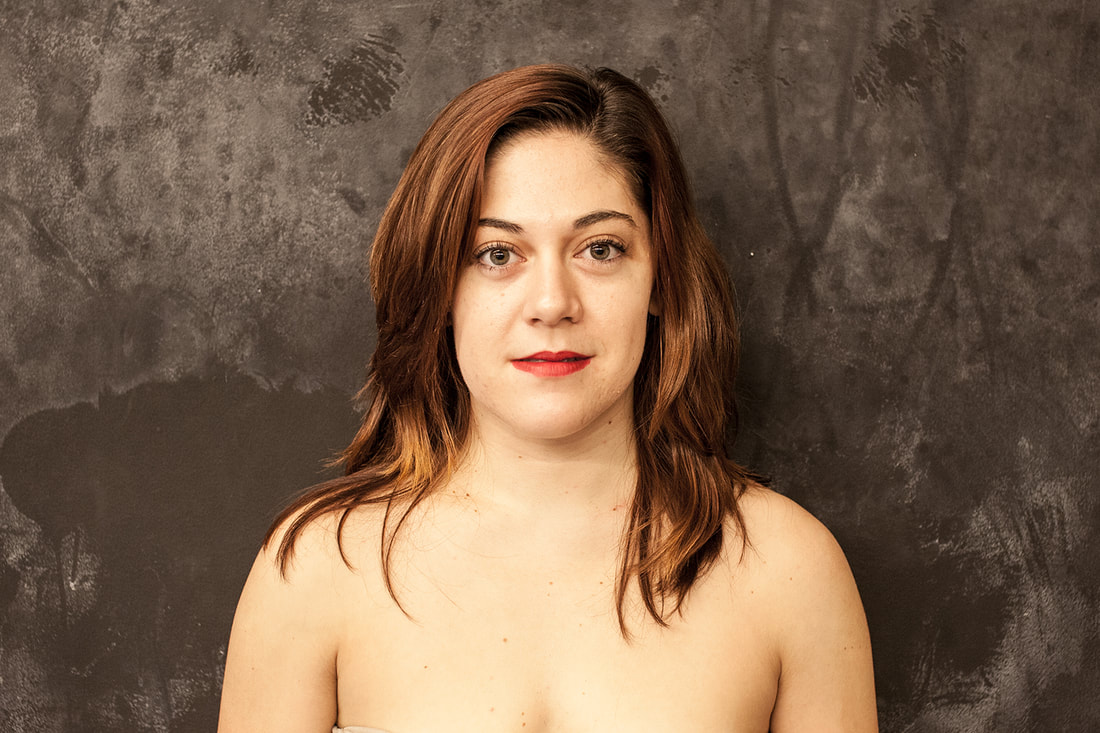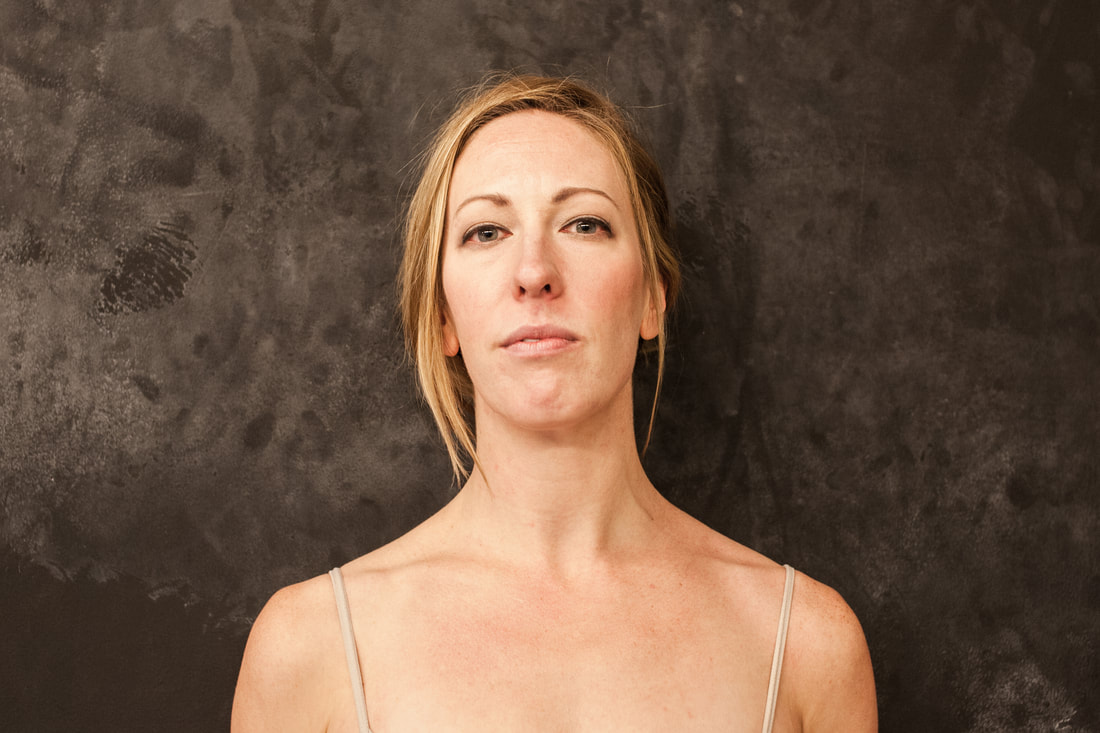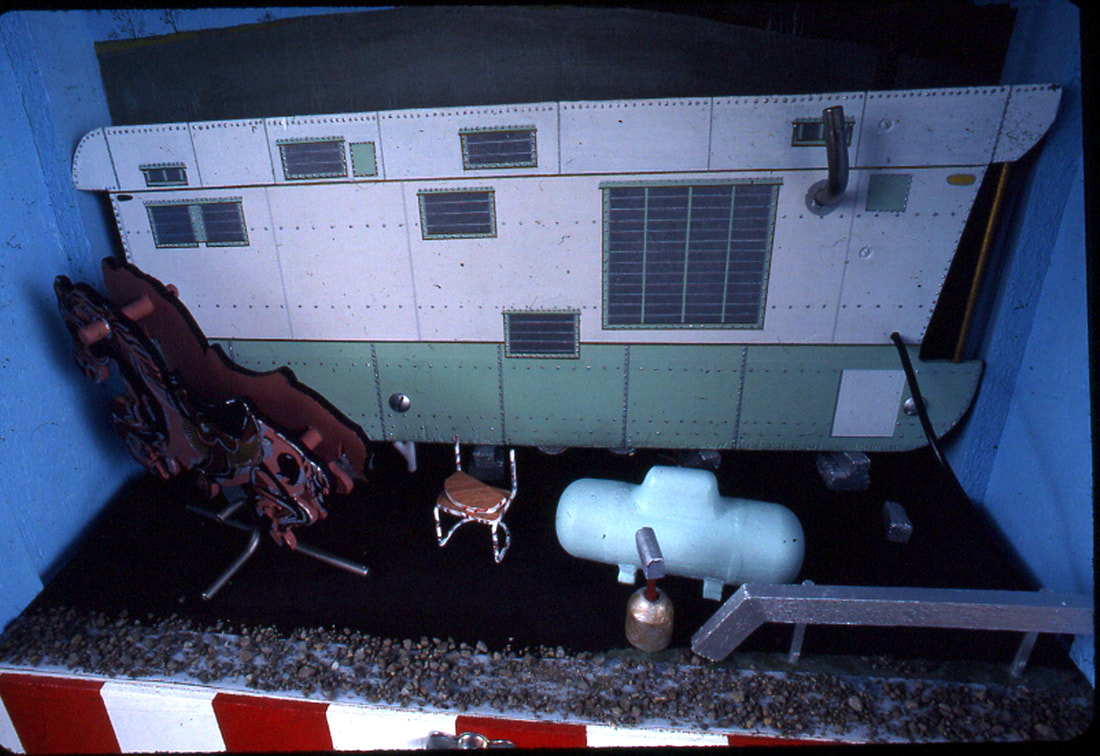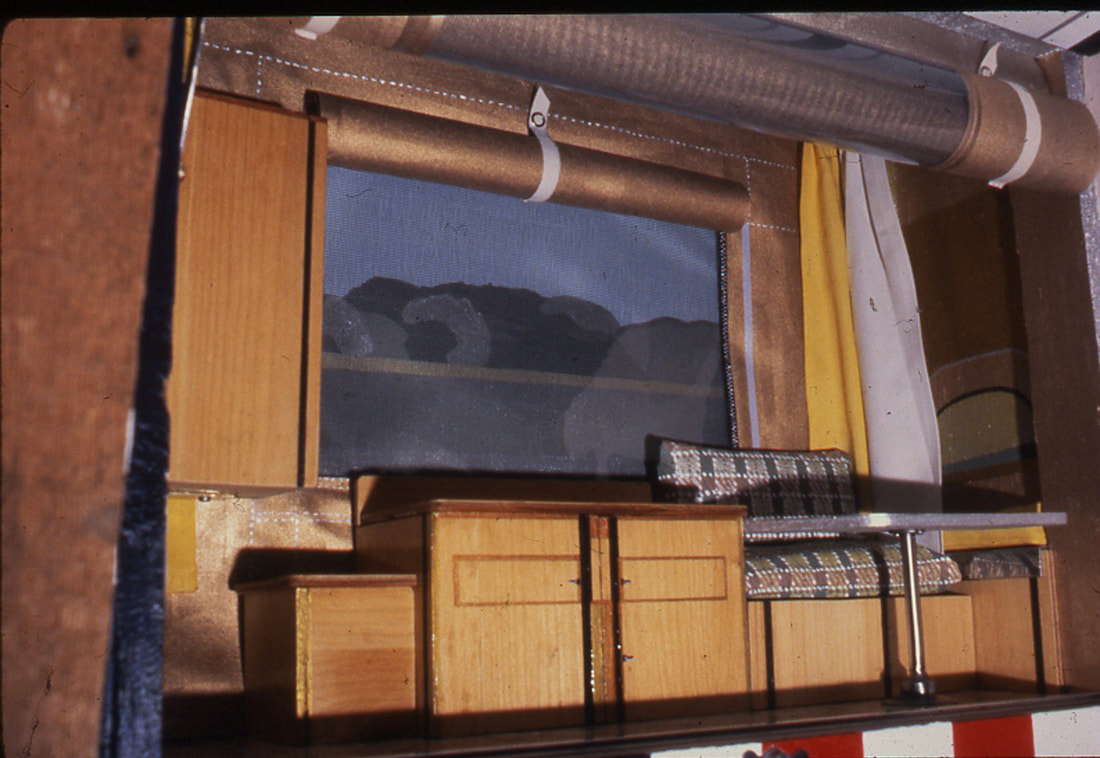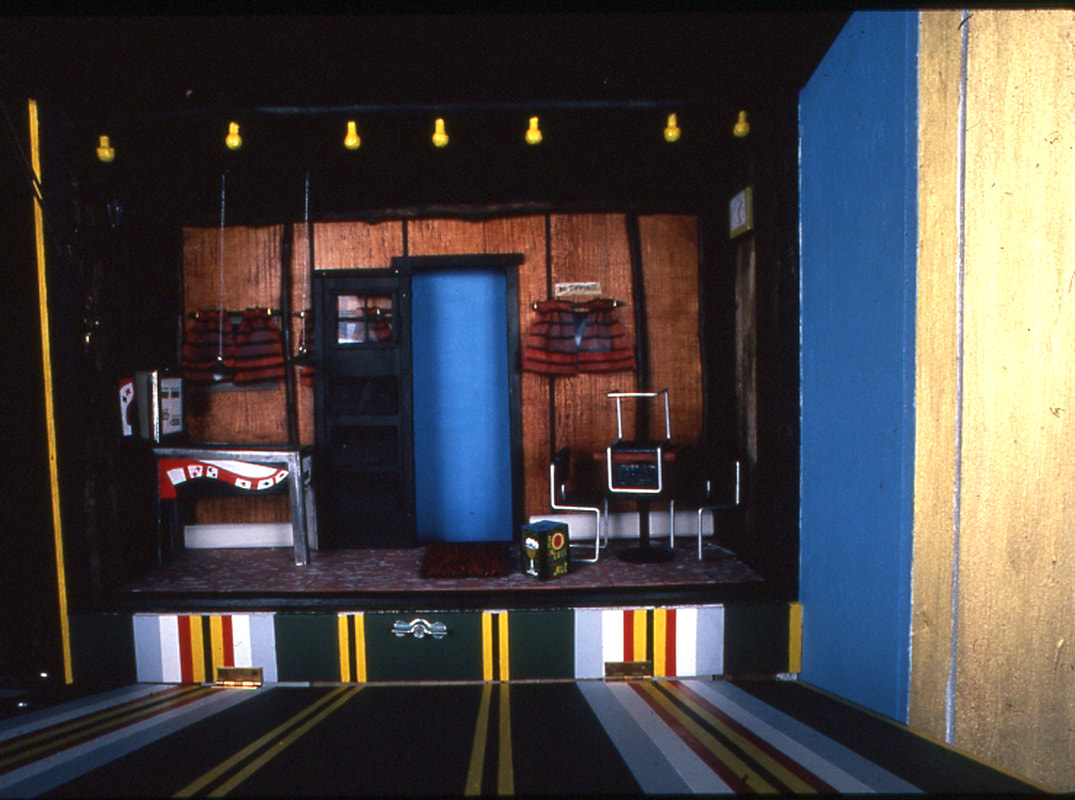|
Michael Callahan hadn’t spent too much time figuring out what to do when he grew up. Why should he have? It made more sense to live day to day. How does anybody decide what to do with themselves? The canning factory closed in 2008 after the economy hit, so Michael was then out of his third job in a row. Time to give up? Not having anywhere in particular to be makes time go by fast and slow all at once. Have you ever tried it? Not just for a weekend, but a long stretch of time, weeks, months. TV gets dull. Really really dull. Michael found that even shows he would have called his favorite a year before had lost all their charm. Daytime court shows are straight insipid. Is there even any good TV anymore? He tried all kinds of sleep routines. Nocturnal like a raccoon, check. Are you familiar with polyphasic sleep? Did that. Sleeping sunset to sunrise. That one's better than you think. At this point, you're wondering how he survived, financially. Newton was a low-cost town. He got an unemployment check and completed the bare minimum to keep that up. His parents, a mile and a half from his spot, weren't willing to feed him dinner every night. But do you think they'd let him starve? No, of course not. And he wasn't 100% without work. The odd job came to him. That's why they're called odd, you know? Michael was surprised to find he liked house painting. It's boring, not particularly hard. It was all a paradox. A lot of decisions about doing nothing. Why bother showering? When should he make lunch? How much beer was too much for one evening? Whom should he call to hang out? What did he want to be doing, a week from now, a month from then, a year out? Is it okay to stay home for three straight days? How does anybody decide what to do with themselves? Would life be different if he won the lottery? (Should he play the lottery?) Do most people in his situation plan or just go with the flow? What are you doing today that matters for your tomorrow versus your next year? How do you be the best version of yourself in the worst situation? How much have you figured out? Are you prepared for changes? Are you prepared for no changes? By Neil Bardhan photograph by Gretchen Halpert
**Special note: Sarah Foster chose to be both a writer AND a collaborator, so it made sense to layer these collaborations together as follows:
Megan Grumbling, writer + Sarah Foster, collaborator (dancer) Sarah Foster, writer + Simon Bjarning, collaborator (musician)
Starlight: A Choreographic Soliloquy
The essence of the dance is mint. The dancer enters, on finger-points, from above the trailer. A cool, shivery touch. Optimism and goosebump. Innuendo. The dancer’s fingers ever so lightly graze the surfaces – trailer, broken chair, rocking horse. A quivering bourée downstage. Peppermint, wintergreen. Starlight. Stella. Stella! The dancer gives a quivering shake. A beautiful, scintillating shudder. Like jazz hands. Like Pentecostalists seized with God. The shuddering is meant to express mint. The flash of her hands, palms open, Starlight. The sudden stoic whites of her eyes. Highway and Canyon. Her character lives in the trailer, waters the stones, checks the mail, paints peppermint stripes on the yard’s breakages and ends. Horizon. Her stoic whites of eyes, of course, are off-stage. The meta-proscenium. But it’s a distinction without a difference. Highway and Canyon. Off-stage, above the proscenium, the dancer widens her eyes. Horizon. Winks. That wink is not in the choreography. And yet it is true to the spirit. Mint. Optimism, innuendo, Highway. She is a good dancer. She can improvise. The dancer delicately spider-crawls up the trailer wall. And though the dancer has her choreography, the rules are loose. She has choice in her fingers. Even in her eyes. I've written it in, her choice. She can elect to wink. She is not a tiny dancer. She is quite tall, actually. Her hands in the yard. As tall as the trailer. When she reaches down into the yard, it is not like the hand of god; it is better: the hand of a dancer. The dancer improvises, with one finger, against the rocking horse. She does not ride the horse but rocks it. One finger. It conjures a certain kind of cowboy, a certain kind of yeoman farmer. Bootstraps, Fruited Plain. This choreographic theme is called Hope: The dancer stands two fingers on the chair and raises her pinkie and thumb. The dance is all about conjuring. Discovery. Optimism. See, how she checks the mailbox. With one finger, the dancer taps the mailbox, three times. Three times, like a knock. From her palm, magician-like, appears a small stone. She puts it with several others on the ground. She is building a wall with the stones. A sort of wall, anyway. Really she just waters them. But now it is tomorrow, and something changes in the dance: Today, no stone will come in the mail. The dancer taps the mailbox, reveals an empty flash of palm. Not a pebble, not even gravel. And the next day. Taps, flash-of-palm, empty. Beat. Again. Not even sand. Nothing to put in the wall. Nothing to water. Every day until now there's been a stone come in the mailbox. And so is it a kind of a political show I have choreographed, a political dance? How the stones keep arriving until they don't? The wall that is sort of a wall? How only one dancer can ride the rocking horse at a time, and even then, only with one finger? Both the stones and the dance seem so much smaller onstage. And bigger. The grandeur, the squalor. I’ve written dances for a lot of shows – music boxes, grange halls, but this one I can't quite get a handle on. Comedy or tragedy? You can't tell from the music; such a pastiche. Maybe it's not really a political dance at all. Maybe it's all about the body. The body in space. The dancer traces a finger up the stage-right wall, then leaps her palm to the far wall, clearing the horse. She dances it well, with abandon, minty ecstasy. Starlight Optimism. It's not easy. The syncopation, the compartmentalization. But it's beautiful, too, and when she hits it just right – the leap, clearing the horse, the gas tank, the grandeur, the squalor – stones or none, well, it just must feel so good in your body to pull off that kind of leap. And this set she’s leaping over, the setting of the dance. This trailer, that is. A trailer, wintergreen green. A symbol? A screen? A scrim? Perhaps the dancer herself is uncertain. Is the trailer a grotesque or an idol? Perhaps it is Schroedinger's trailer: Until you open it up, it is both. This choreographic theme is called Cognitive Dissonance. She moves on a line. On a point. Spins. Is she an electron? An angel? You can see from the candor of her dance that the dancer doesn't want to condescend to the trailer. She doesn't want to be precious. She doesn't want to use fairy dust. Everyone involved in the dance has had to contend with the problem of representation of the trailer. Is it a symbol? A scrim? A jack-in-the-box? The secret passage? A pasteboard mask? At some point, someone is going to have to knock on its door. The place I live, it's small too. Doesn't everyone live in a small place? It's called a body. A Body, this choreographic theme is called. The dancer moves at a slow 3. In a wave. This one, Society. She moves at a 6. In a writhe. This one, Grief. She moves at a 1. Limp. Her character has heard that the stones are really pebbles. That the stones are only gravel. That the stones are sand. Will the stones come again? The dancer holds her fingers poised near the mailbox, waiting for the next bit. I'm not sure I remember this next bit. The dancer starts to tap the mailbox, but hovers. Gives a quivering shake. Grazes the surfaces of trailer, broken chair, rocking horse. I have choreographed her movements. But she must dance them. Her fingers, her hands. Her lips, brows, eyes, high above the proscenium. The moon of the dance, so to speak. The stars. A kind of Starlight. A most beautiful light. Horizon. Even when it is only on a stage, only a dance. This whole show, truth be told, is more than a little hypothetical. A work in progress. Let's call it an experiment. Horizon. She widens her eyes. Tingling with spin, gravel, and mint. Optimism Like jazz hands seized. An unpredictable experiment. A knock on the door. But maybe, possibly, a great one. by Megan Grumbling The Dance is Mint from MoveWorks on Vimeo.
Reader: Douglas Milliken
Dancer: Sarah Foster
Original music, "Ours" by Simon Bjarning
in response to: Maybe I should just sit here. Maybe I should just wait for it to happen. I stop jumping. I mutter under my breath words I wouldn’t say in front of my mother. My not-so-carefully chosen clothing barely covers my thighs. I become acutely aware of a sticky film of sweat underneath my knees. Water starts to drizzle through, under the edge of the window grate. The overhead florescent lights flicker and make an intermittent buzzing noise. Like the sound of distant cicadas on a dewy night, somewhere in the South where the trees are bigger than they should be, with low hanging arms covered in lace. My arms feel heavy. I’m too lazy to hold them up. Maybe if I had done it differently. More determined - or from a different angle. This would have gone by faster. If wall clocks were still a thing, I’d watch the passing of the seconds. Every new moment eats up the past. Like a sewing needle poking through tough fabric, over and over again. Poke. Poke. Tick. Tock. But I don’t have a clock, just a ventilation pipe. My jaw tenses. I plunge my weight into the chair and push it to the corner. The back fell off months ago. That’s one of the reasons why I did what I did and why I’m doing what I’m doing. Too many broken things here. I tried to repair this sad little chair the way I repair everything - with candy cane striped tape and a good pun. I have many years of experience with inanimate objects - and the one thing that I know for sure is that they appreciate levity. Then I remember Pone, my beloved rocking horse. He sways reluctantly in the corner. His mechanical black eyes speak of many lives lived and his rusty joints squeal of abuse. I know he wants to know why we’re sinking. Why I allowed a perfectly fine mint and white motorhome to slide into my neighbor’s lake. Why I avoided Charlie and Yvette’s dinner invitations. Why I stole so many wrenches from the local hardware store. Why despite the tape, and the wrenches, and the jokes, and the fake repairs, we are still sinking. But it’s too soon to explain anything to anyone, especially a rocking horse. For all I know, we will be floating here forever in an endless circular river. I tell him, in my most caring voice, “don’t spell part backwards, Pone. It's a trap.” That’s one of his favorites. His laughter echoes against the outer walls, waves striking a tin roof. I read once, in a very smart-seeming book, that you can control your emotions by controlling your face. If I hosted a dinner party, that’s what I would talk about to entertain my guests. Then I’d make everyone at the table experiment with it. I’d tell everyone to make angry faces, and Charlie and Yvette’s brother would start screaming at each other. I’d tell everyone to make frowny sad faces, and Joelle would sink into her chair, watery-eyed. I’d order a chorus of hyena laughs and we’d all be best friends forever. I smile at the thought. I smile hard. And not just with my lips, but with my chin, and my eyes, and my teeth. Especially my teeth. To match my body to my face, I take a wrench in one hand and walk around the perimeter of the room, slapping my bare feet on the linoleum and lifting my knees high like a soldier. A joyous dance to match a joyous face. I bang the wrench on the hot water tank and I spin and hop and spin and hop. I shimmy left - I shimmy right. Joy boils in my flesh. Then the floor drops below me. The walls moan around me. I crouch down and back up against the wall. I drop the wrench. I insert my index fingers into the creases of my knees. I find comfort in the slick proximity of skin on skin. The small window by the ceiling has darkened. Water seeps in along the upper edges. A pool of liquid creeps up from the lowest part of the floor. I hear it coming. I wait. And smile. by Sarah Foster
BONUS! Sarah also brought a version of her writing with a short set of instructions for a willing volunteer to improv a short piece. Rhonda Morton (also a writer) volunteered:
I've Never Done This Before from MoveWorks on Vimeo. THE USUAL Her inky-black pupils, suspended in rings of glossy hazel, dilate as she enters the dark interior of Del’s Tavern. She’s assaulted by the pungent odor of stale beer fused with shelled peanuts, like rancid lager saturating a vat of greasy peanut butter. It’s a fragrant reminder that she’s about to break the promise she implemented over a month ago. She scans the cheerless room, hoping Ricky’s lanky frame will be hunched over a tumbler at the bar. That for once, he’ll be waiting for her. But all she sees is the perpetual assemblage of random barflies. Lit by flickering neon, they’re anchored to the same seats they always use. As if Butch, the portly and bulbous-nosed proprietor, assigned a seating chart that none of them have the courage to disrupt. Not seeing Ricky, she makes her way to the bar. A few steps in, the soles of her heels begin to shatter peanut shells strewn across the floor, a result of Del’s only source of sustenance. For a dime, Butch will dip a soiled plastic flowerpot into a mammoth bag of cut-rate peanuts and send them across the lacquered bar to those that need sodium to accompany their musty brews. After sucking out the insides, the barflies discard the shells onto the floor, creating a carcass-laden landscape of tawny husks that are crushed under the oily-bottomed work boots of Del’s clientele. She walks up to the bar, and pulls out a broken-down stool, vinyl seat held together by frayed duct-tape. She sits and crosses her legs, causing her jean cuffs to rise, which reveal her meaty ankles, one of the many despicable things she inherited from her mother. As she tugs her jean cuffs down, Butch approaches and cracks a monstrous grin, lips parting way to nicotine-stained teeth. He tells her that it’s been too long. She smiles and agrees, about to order a drink when Butch waddles away, saying he’ll get her the usual. She hasn’t wanted the usual, Butch’s sugary and watered-down take on a Boston Sour, for over a decade. But she’ll accept it, not wanting to offend him if she declines. She’ll wait for Ricky to arrive and order her something else, not giving Butch a chance to dislike her, even for a moment. As Butch prepares her drink, Wallace, one of the barflies, shuffles towards the pinball machine. He fishes around in the pockets of his threadbare coveralls, coming up with a grimy quarter. He pops it into the slot, causing the game (Card Whiz, if she remembers correctly) to quiver to life. Flaxen lights glow, illuminating Wallace’s craggy face, nose riddled with broken capillaries. His knobby fingers, stained with oil and grease, pop the buttons on the side. His hips undulating with each ding and rattle inside the machine, willing the pinball to hit combos and kickout holes to rack up points. Butch winks as he plops down her cocktail, causing a shriveled maraschino cherry to rock in the golden liquid. Off his wink, she flashes a crooked smile, tilts her head and emits an overzealous thank you. Even before the words emerge, right when her cheek muscles contract to create the off-kilter smile, a wave of self-hatred washes over her. Anger rises, causing her milky-white skin to redden at the fact that she smiles and complacently whispers words of gratitude to any flirtatious glance, wink, or nod. She knows it’s happening, can hear the small cry from the back of her mind trying to quell the instantaneous reply. The inner shriek attempting to calm her crooked smile and cheerful response but it spews forth, unchecked whenever someone of the opposite sex engages her. Like her sturdy ankles, she blames this inherited trait on her mother, another constant reminder that she holds the physical and emotional attributes of a weak woman she hasn’t seen since her and Ricky started dating. Whose hair parted to the same side as hers, who is to blame for her pale skin breaking out into red, scaly rashes, and whose lack of self-respect allowed one of many stepfathers to shower down abuse over the years. She inherited the worst from a woman she left in a crippled and tear-filled wreck, bawling into the shag carpet the color of rotten plums, when she was sixteen. Vowing to never return. To never become her. To calm down, she hoists the Boston Sour to her lips but notices the grimy fingerprints that plague the scratched tumbler. She looks at the soiled glass and wants to throw it. Hurl the cocktail she never wants, but never has the courage to refuse, at the potbellied man who made it. She fantasizes the drink sailing past him, smashing into the tarnished and greasy mirror. Causing the dollar bills taped up to the burnished surface to come crashing down, shards of glass piercing the green-inked portraits of presidents long since passed. But instead, she sips the weak and candied drink as Wallace curses at the varying chirps and whistles emitting from the pinball machine. Knowing that as soon as Ricky’s whip-thin silhouette appears in the doorframe, she’ll straighten up and smile. Relying on the knee-jerk reaction she just cursed to bring him into her arms. Not caring that the promise she made to herself was broken the moment she agreed to meet him here. Not caring that Ricky will utter excuse-riddled apologies that are disguised as requests for her to be the warm body he crawls into bed with after a double shift. Not caring because underneath the tavern’s familiar odor of ale, Jiffy, and despair, Ricky’s pleas are the same as hers – he doesn’t want to be lonely, and neither does she. by David Ebeltoft Special thanks to Vinnie for letting me film this at Volo on Market Street in Corning, NY.
The summer I got my driver's license, I was going through my actively-embracing-white-trashiness phase. At the time, I was styling my hair every day. sunbathing at the gravel pit a mile from my house. working 3 part-time jobs. disregarding my curfew. wearing obnoxiously bright lipstick. sporting jelly shoes, a fuck-ton a bracelets, overly distressed light wash jeans, barely-there tops. Sometimes just a swimsuit. While unintentional, that's how it came to be that I appear naked in my driver's license photo. The pale pink edge of my tube top, barely visible, allowed the exposure of bony shoulders care-free cleavage Since then, I've been through nearly every cycle of emotion toward my driver's license photo ironic pride actual pride light embarrassment deep shame dread joviality aloofness denial nostalgia longing I've seen every type of reaction to my license photo, from friends, family, bartenders, judges, law enforcers and store clerks. Glances: furtive, cautious, incredulous, creepy, mirthful, blank Whistles: sexual, surprise Gestures: Hand-over-mouth, raised eyebrows, held breath, blushing, laughter, choked laughter, adjusting glasses. Verbal responses: Well now. I see, I see. This is you? New licenses have been printed, with the exact same photograph because of addition of organ donor status. name-change due to marriage. replacement for pick-pocket incident in Madrid. state-wide changes to license design. name-change by way of divorce. Today, 15 years have passed since the license was issued. I am waiting in line at the DMV. applying obnoxiously bright lipstick in the reflection of a laminated "NO SMOKING" sign. sporting jelly shoes, overly distressed light wash jeans, and a pale pink tube top. ready for my closeup. By Willa Rose Vogel Images by Arlie Sommer
|
66 OURS - Collaborative Writing ProjectStarting with Phase 1, writers had 66 days to base their writing on 1 anonymous person & 1 vignette, dutifully and judiciously assigned to each writer by Amelia. Photos given to the writersEach writer was given a combination of 1 person + 1 vignette from the following:
Person 1
Person 2
Person 3
Vignette 1
Vignette 2
Vignette 3
Categories
All
|
